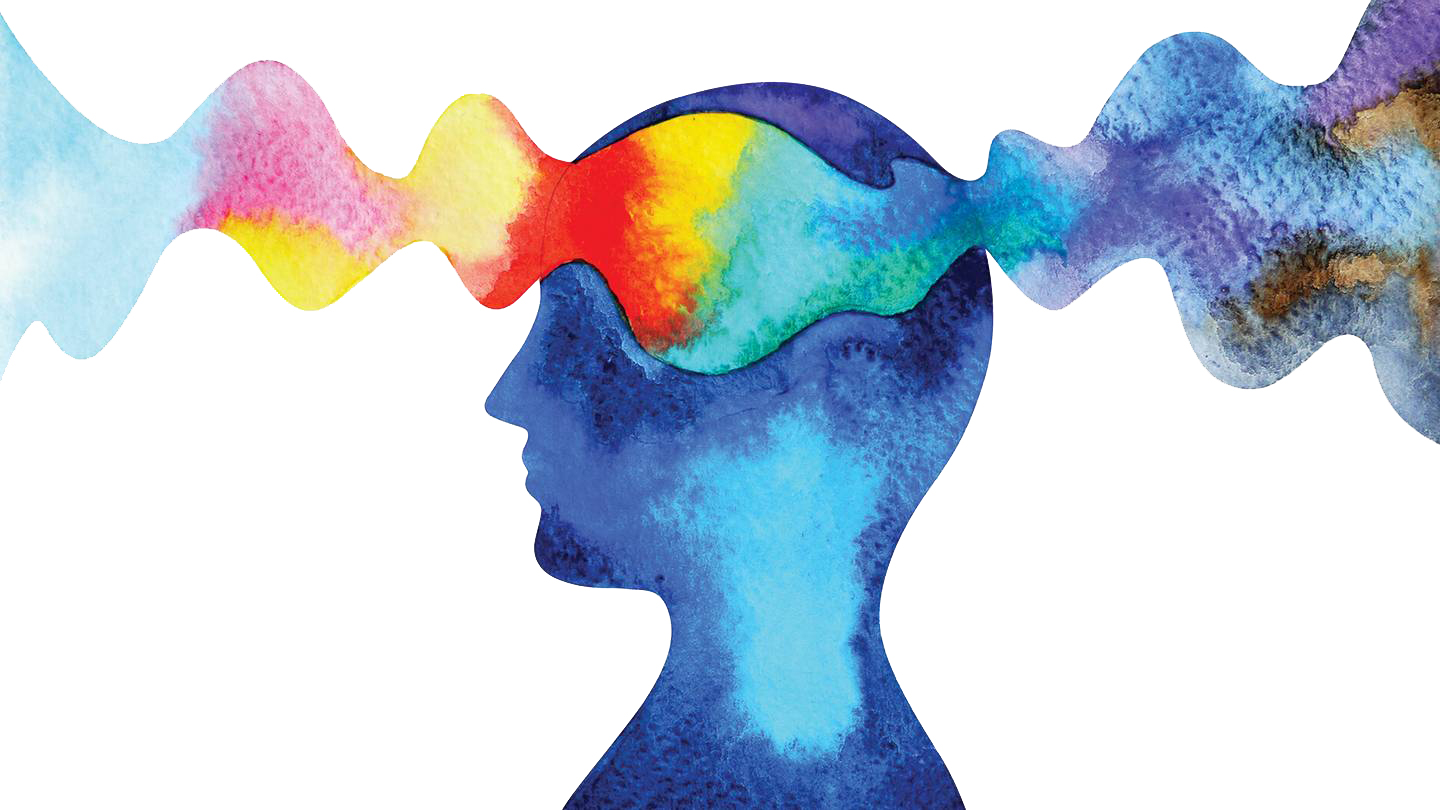Psychedelic drugs gain surprising bipartisan support
The latest research shows the promise of ecstasy and ‘magic mushrooms’ in treating depression and PTSD

Key Takeaways
- A wide range of policymakers are beginning to support the medical use of psychedelic drugs.
- Psychedelics have shown promise in helping veterans struggling with PTSD.
- Johns Hopkins researchers are working to understand why and how psychedelics can be used to treat mental illness.
The House National Defense Authorization Act (NDAA), an annual piece of legislation that funds the Department of Defense, includes something different during the 118th Congress—a provision that would allow for medical research on psychedelic drugs.
With research showing psychedelics, such as MDMA and psilocybin, can effectively treat post-traumatic stress disorder and depression, the measure drew bipartisan support. It counts Rep. Alexandria Ocasio-Cortez, D-NY, a self-described democratic-socialist, and Rep. Dan Crenshaw, R-Texas, a conservative military veteran, among its top supporters.
While it remains unclear whether the Senate will include a similar regulation in its version of the NDAA, the broad support for psychedelic research suggests the conversation will continue regardless.
“These are powerful substances, I don’t want to give that short shrift,” Ocasio-Cortez said. “But they also have powerful potential as well.”
HELPING VETERANS
Many of the provision’s supporters point to the potential of psychedelic drugs to treat veterans struggling with PTSD as the reason for their support. Rep. Jack Bergman, R-Mich., a retired three-star Marine Corps general, told The Washington Post he began looking for ways to offer better mental health services after losing his nephew, another veteran, to suicide in 2001.
“Psychedelics had a really bad rap with Timothy Leary and, ‘Turn on, tune in and drop out,’ or whatever the hell that phrase was,” Bergman told the paper. “But I believe there is a place and a need for better therapies and better therapists in our world.”
Crenshaw and Rep. J. Luis Correa, D-Calif., both came to support psychedelics after hearing veterans describe their positive effect in managing PTSD.
PATHWAYS TO HEALING
A team of researchers at Johns Hopkins University found the psychoactive drug MDMA, or ecstasy, creates a “critical period” when the brain is more open to learning the reward of social behaviors. Mice treated with MDMA formed new positive associations with social interaction compared with the control group.
Neuroscientist Gül Dölen posited one reason MDMA can help treat PTSD is because it strengthens the relationship between a psychotherapist and patient, a bond that is vital for successful treatment.
Another team at JHU’s Center for Psychedelic & Consciousness Research found that patients with long-term depression who received a combination of psilocybin and psychotherapy saw large reductions in depression. That depression severity remained low one, three, six, and 12 months after treatment.
“Psilocybin not only produces significant and immediate effects, it also has a long duration, which suggests that it may be a uniquely useful new treatment for depression,” says Roland Griffiths, a professor in the departments of Neuroscience and Psychiatry at the Johns Hopkins University School of Medicine and founding director of the Johns Hopkins Center for Psychedelic and Consciousness Research.
“Compared to standard antidepressants, which must be taken for long stretches of time, psilocybin has the potential to enduringly relieve the symptoms of depression with one or two treatments.”